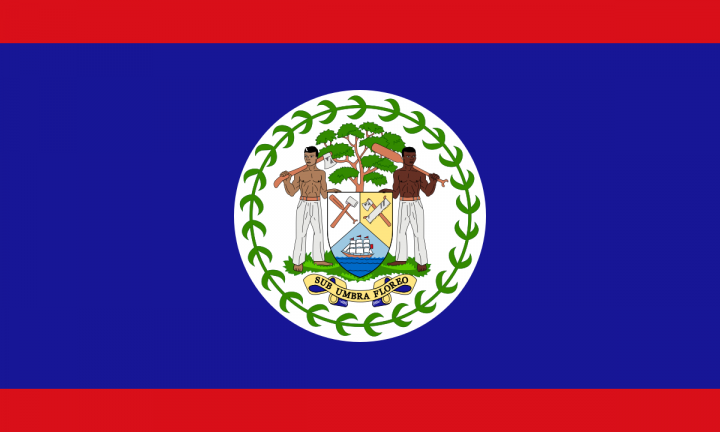On 6 February, Belize became the 81st country to sign the Treaty on the Prohibition of Nuclear Weapons – a landmark global agreement that outlaws nuclear weapons comprehensively and establishes a legal framework for their total elimination.
Belize participated in the negotiation of the treaty at the United Nations in New York in 2017 and voted in favour of its adoption. Since then, it has supported calls in the UN General Assembly for all countries to sign, ratify, or accede to the treaty “at the earliest possible date”.
Belize is the 10th member of the Caribbean Community, or CARICOM, to sign the treaty, after Guyana, Jamaica, Saint Vincent and the Grenadines, Antigua and Barbuda, Saint Lucia, Dominica, Grenada, Saint Kitts and Nevis, and Trinidad and Tobago.
Of these 10 countries, six have also ratified it, meaning they have formally consented to be legally bound: Guyana, Saint Lucia, Saint Vincent and the Grenadines, Trinidad and Tobago, Dominica, and Antigua and Barbuda. To become a state party, Belize will now need to deposit an instrument of ratification with the UN Secretary-General.
The Caribbean has been one of the fastest regions of the world to adhere to the treaty, along with Latin America and the Pacific. In a statement to the United Nations in October 2019, Caribbean countries expressed alarm at “the continued reliance on and prevalence of nuclear weapons as a feature of security and military doctrines”.
They noted “the obvious trend towards abandoning longstanding principles that have guided the international community’s approach to nuclear disarmament and non-proliferation” and said that this “overwhelming concern” had animated their active engagement in the negotiations that culminated in the adoption of the nuclear weapon ban treaty.
In June 2019, 10 Caribbean countries participated in a forum in Georgetown, Guyana, to discuss the need for concerted regional efforts to promote swift entry into force of the treaty. They described this as “a vital step towards achieving a world free of nuclear weapons”.










